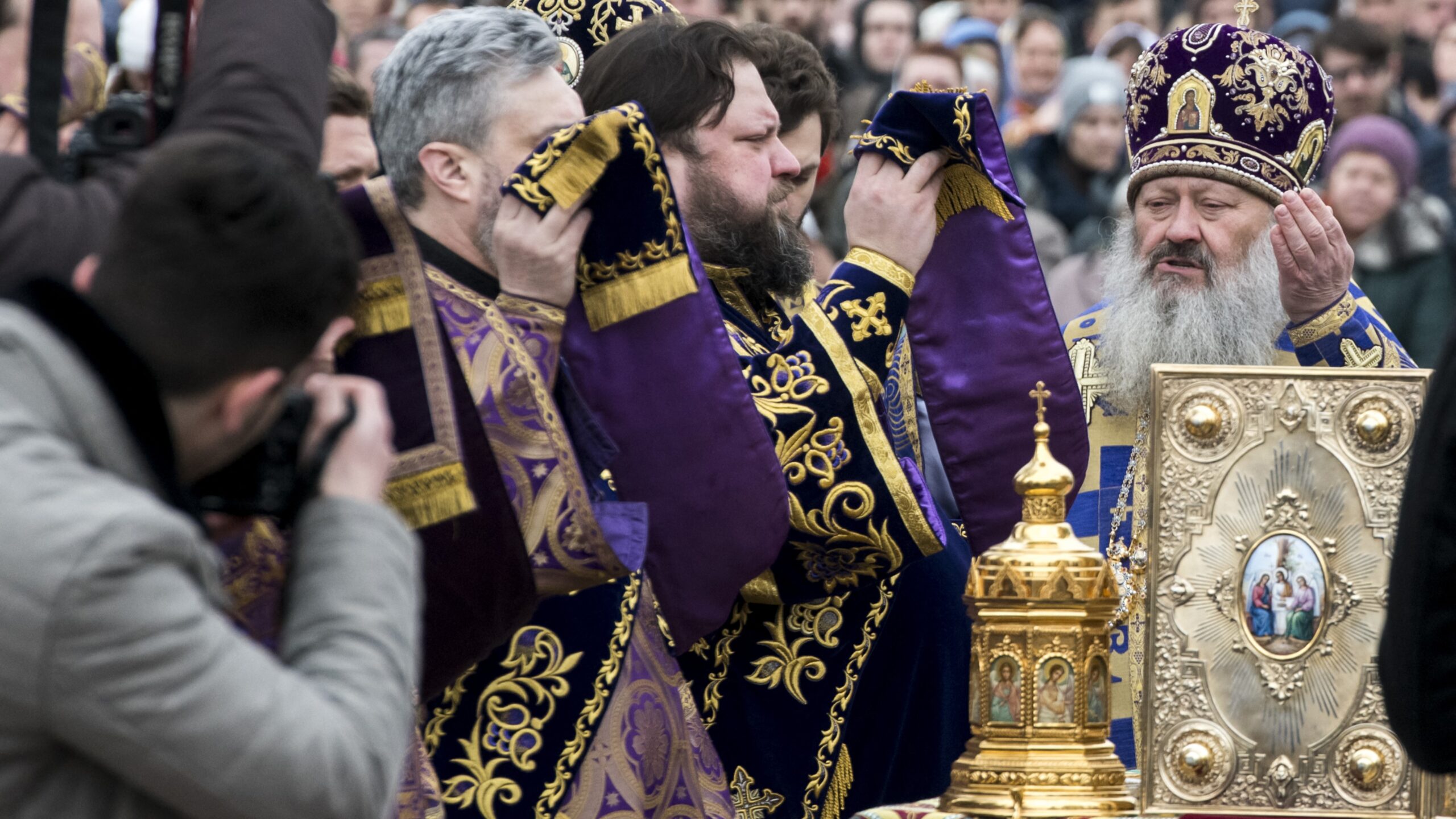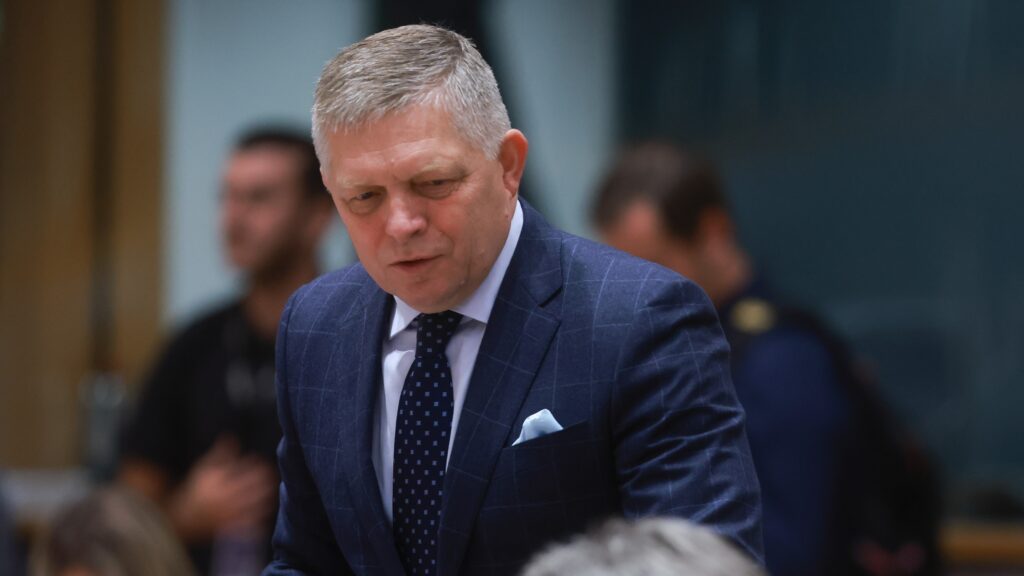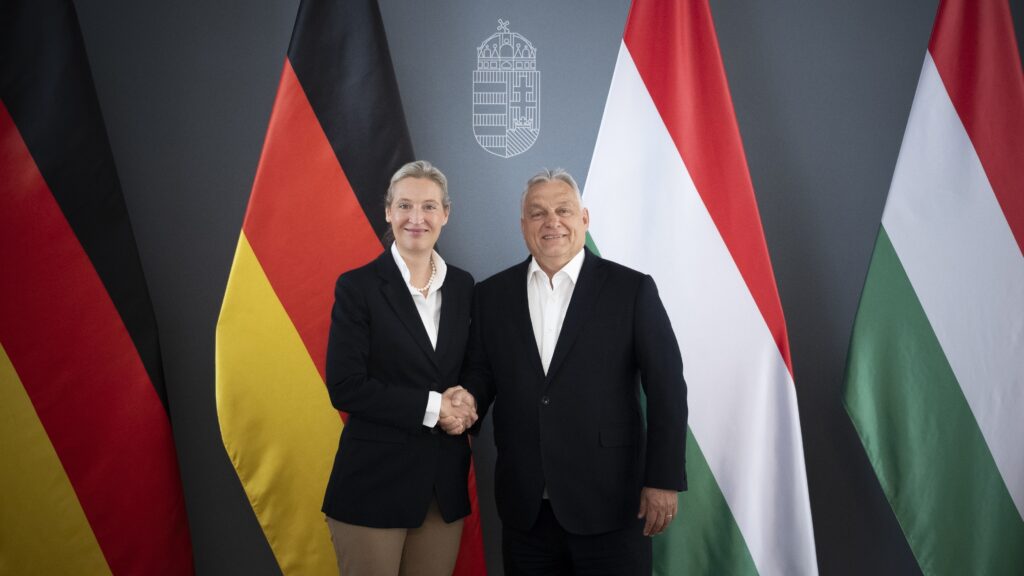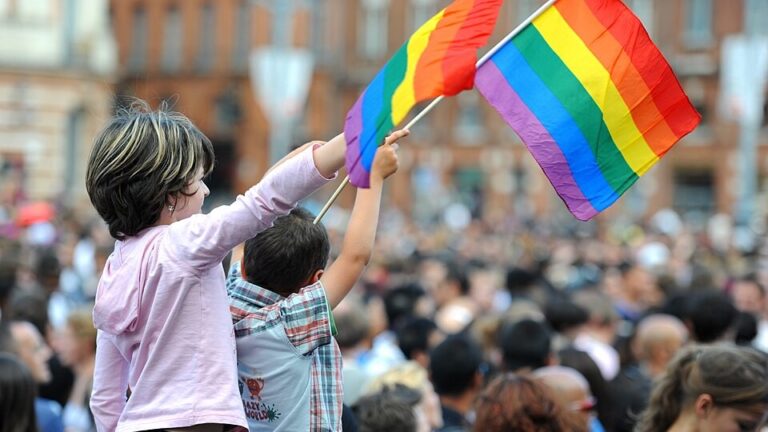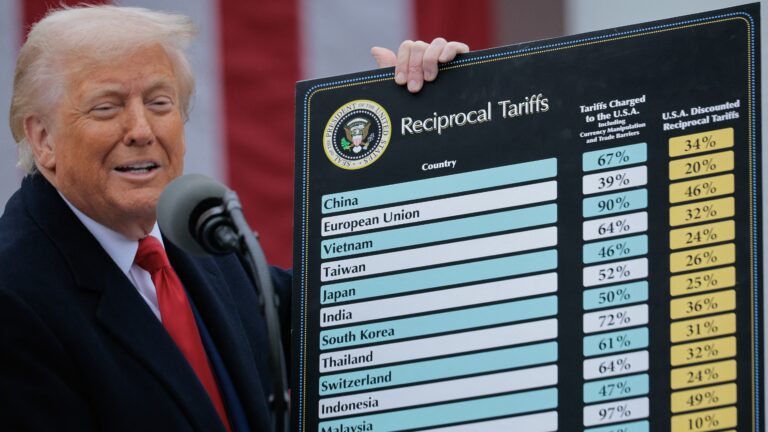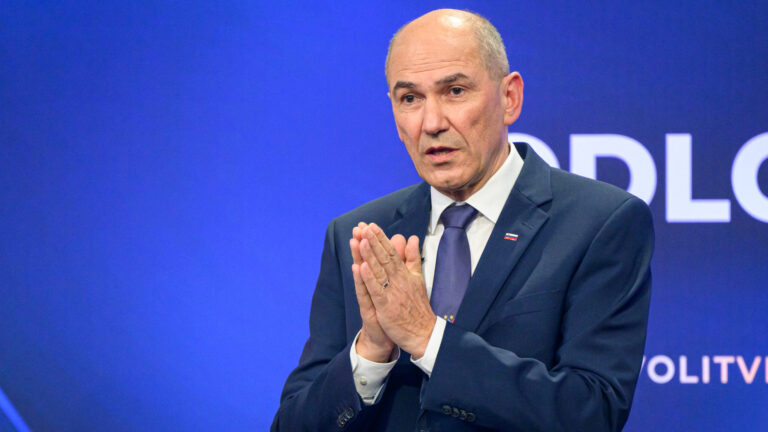Recently, Kyiv stripped Metropolitan Onufriy, the leader of the Ukrainian Orthodox Church, of his Ukrainian citizenship for allegedly holding Russian citizenship. Until June, dual citizenship was prohibited in Ukraine. However, the Verkhovna Rada has since passed a law allowing it under certain conditions. Dual citizenship will not be permitted with all countries; Kyiv is expected to establish a list of nations whose citizens will be eligible for dual Ukrainian citizenship—Russia is not expected to be included. Holding citizenship from another country can serve as grounds for revoking Ukrainian citizenship, as demonstrated in Onufriy’s case.
The primate of the Ukrainian Orthodox Church of the Moscow Patriarchate (UOC-MP) allegedly received his Russian citizenship in 2002. Onufriy, or Orest Berezovsky by his secular name, has been serving as the Metropolitan of Kyiv and All Ukraine since 2014. Despite Ukraine’s prohibition on dual citizenship, it’s an open secret that many—including oligarchs—hold multiple citizenships. Kyiv, however, has been very selective in taking action against them. Nevertheless—such as in in the case of Ihor Kolomoisky—, when someone’s citizenship is stripped, usually further legal actions also follow.
Else than his dual citizenship, the SBU (Security Service of Ukraine) also cited Onufriy’s support for ‘the policy of the Russian Orthodox Church and its leadership, in particular Patriarch Kirill’ as grounds for stripping the metropolitan of his citizenship. In Ukraine Patriarch Kirill is widely seen supporting the Russian aggression and using his religious authority to promote and justify the war.
The spokesman for the UOC-MP rejected the claim that the Metropolitan holds a Russian passport. Onufriy himself stated as early as 2023, when questions about his citizenship first arose, that his Russian citizenship—granted after the collapse of the USSR while he was studying in Moscow—may have been automatically extended by default. He also asserted: ‘I consider myself a citizen only of Ukraine.’
‘The Ukrainian Orthodox Church, regardless of slander, speculation and artificial accusations, remains with her people’
While the SBU alleged the metropolitan’s support for the Russian aggression, Onufriy did condemn the invasion: ‘For three years, our motherland has been suffering from the horrible bloodshed that the Russian army, which takes away the lives of our fellow countrymen literally every day, has brought to our Ukrainian land…The Ukrainian Orthodox Church, regardless of slander, speculation and artificial accusations, remains with her people, caring about their well-being and the coming of a just peace in our motherland,’ the metropolitan said on the third anniversary of the invasion.
Shortly after the beginning of the Russian invasion of Ukraine, and as a reaction to it, the Ukrainian Orthodox Church declared its ‘complete autonomy and independence’ from the Russian Orthodox Church. However, legally it still remains subordinate to the Patriarch Kirill-led church. The persistence of this legal and ecclesiastical link led to disputes in the war-torn country about the extent of Moscow’s continued influence over the Ukrainian Orthodox Church.
Despite efforts by the UOC-MP to strengthen its independence from Moscow, Ukrainian authorities have adopted an increasingly hostile stance toward the Onufriy-led religious community. Since 2022, approximately 100 UOC-MP clergymen have been investigated by the Security Service of Ukraine (SBU), with 26 of them convicted. In 2023, 18 UOC-MP hierarchs lost their Ukrainian citizenship. Clergymen who have been stripped of their citizenship, including Onufriy, face bureaucratic obstacles within Ukraine and may be denied re-entry if they travel abroad. In addition to these challenges, in 2024 President Volodymyr Zelenskyy signed a law banning religious organizations ‘affiliated with Russia’—a measure that threatens the very existence of the Ukrainian Orthodox Church.
The Ukrainian Orthodox Church should not be confused with the Orthodox Church of Ukraine, which was established and granted ecclesiastical autonomy (autocephaly) by Ecumenical Patriarch Bartholomew I of Constantinople in 2019. Ukraine had been pursuing the establishment of an independent church—separate from Moscow—since the 1990s, but efforts to persuade the Eastern Orthodox world to recognize such autonomy intensified after 2014. Autocephaly was finally granted to the Orthodox Church of Ukraine in 2019, providing an alternative for Ukrainian believers to the UOC-MP, which is aligned with the Russian Orthodox Church. Today, these two churches constitute the largest religious communities in Ukraine: 29 per cent of Ukrainian religious organizations are subordinate to the UOC-MP, while 22 per cent fall under the leadership of the Orthodox Church of Ukraine.
‘The EU is home to thousands of Christians who attend churches affiliated with the Moscow Patriarchate’
Kyiv’s stance toward this Christian religious group has raised concerns internationally. Most notably, the late Pope Francis expressed alarm over the Ukrainian government’s efforts to ban ‘Russian-affiliated religious organizations’—in other words, the Ukrainian Orthodox Church. ‘I fear for the freedom of those who pray,’ the Pope said. ‘Let those who want to pray be allowed to pray in what they consider their Church…Churches are not to be touched!’ he urged.
Kyiv’s banning of Christian religious organizations should also raise concerns about Ukraine’s readiness to join the European Union. The EU is home to thousands of Christians who attend churches affiliated with the Moscow Patriarchate. While Hungary has a small Orthodox community, larger Orthodox communities of Russian tradition exist in countries such as Germany and France. The Diocese of Berlin and Germany, for instance, includes 106 parishes, 86 priests, and 25 deacons, while the Archdiocese of Russian Orthodox Churches in Western Europe, headquartered in Paris, oversees 69 parishes. The banning of a church similar to these in an EU candidate country casts doubt on its suitability for membership in the bloc.
Related articles:

